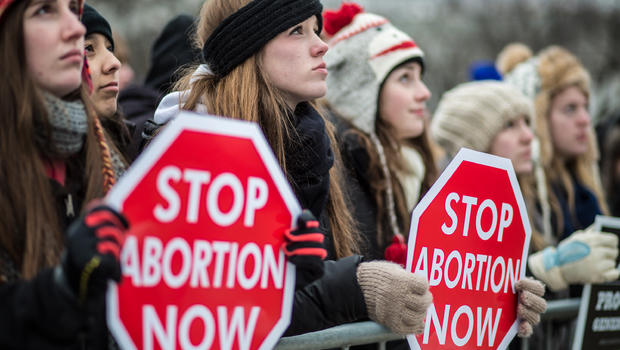 |
The Hilltop Women’s Reproductive clinic in El Paso,
Texas, was one of more than a dozen abortion clinics
that didn’t qualify to continue operating under a
Texas law. AP
|
State’s law required clinics to meet surgical-center standards, doctors to have privileges at local hospitals
The Supreme Court on Friday agreed to review a Texas abortion law that opponents say could close three-fourths of the state’s clinics, signaling a major test for a strategy social conservatives have used to stop women from terminating pregnancies.
The abortion case joins a series of divisive social issues on the court’s docket likely to inject the justices into the debate surrounding the 2016 presidential election. Last week, the Supreme Court accepted an appeal on contraceptive-coverage regulations under the Affordable Care Act, and in December the court will hear argument on affirmative action in university admissions. The issues in recent years have divided the court 5-4 between conservatives and liberals, with maverick conservative Justice Anthony Kennedy typically casting the deciding vote.
The Texas law regulates abortion providers in several ways, including requirements that physicians performing abortions hold admitting privileges at a hospital within 30 miles and that clinics meet the building standards for “ambulatory surgical clinics.” Clinics in the state filed suit to block it shortly after then-Gov. Rick Perry, a Republican, signed it in 2013.
Contentious litigation has followed, with the Supreme Court stepping in at preliminary stages to block portions of the law from taking effect until the courts complete their reviews.
The Supreme Court, acting on stay requests while litigation was pending, has temporarily blocked some aspects of the law from taking effect, leaving 19 clinics currently operating in the state, down from 44 in 2014, lawyers for the providers said. The National Abortion Federation has said the number of Texas clinics could drop to about 10 if the law is fully implemented, with clinics concentrated in the metropolitan areas of Austin, Dallas, Houston and San Antonio.Read the rest of the story HERE.
If you like what you see, please "Like" us on Facebook either here or here. Please follow us on Twitter here.




No comments:
Post a Comment